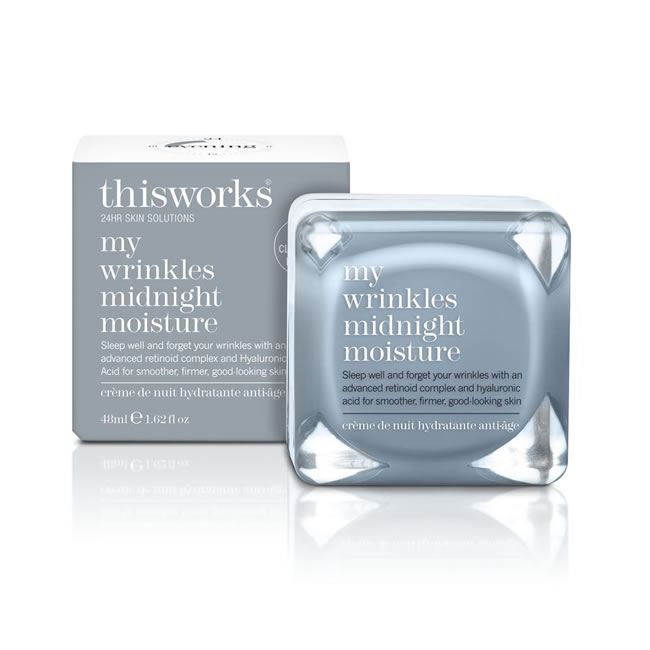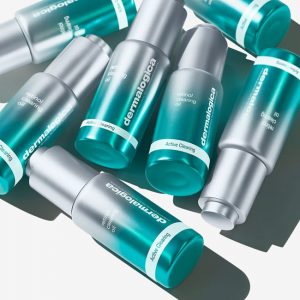Retinol and Retinoids are similar, like cousins, but not exactly the same thing. Both are amazing for your skin, if you’re not already using one, you’re missing out! They are everywhere now-a-days, in magazines, salons, retailers and online. But what is the difference between these two products?
What Is a Retinoid?
Retinoids are vitamin A derivatives that are converted into retinoic acid for use in skincare. “’Retinoid’ is a basic umbrella term for both over-the-counter retinol and prescription retinoids.
Retinoids are sold just about anywhere you can buy beauty products and can cost very little, or a little more depending on the level it contains. They’re also skincare powerhouses that have been used and studied intently for decades. Many retinoids are applied topically, but some—such as Isotretinoin (Accutane)—are oral medication that can help to treat severe cases of acne.
Retinoids are also antioxidants and have an amazing reputation as wrinkle-fighters; they promote collagen growth beneath the skin, diminishing wrinkles over time. They are also proven to improve skin’s texture and tone by increasing cell turnover and lightening dark spots. Some retinoids, like Retin-A Micro (tretinoin), help get rid of acne by unclogging pores.
The most powerful retinoids are available by prescription only, with one exception, so if you’re suffering with consistant, severe acne or Hyperpigmentation issues, then I would suggest seeing your GP about getting something a little stronger.
What Is Retinol?
Retinol is a type of retinoid used mainly in over-the-counter products instead of prescription medications. Although retinol is very effective, it’s different from prescription retinoids on a molecular level.
The big difference between retinol and retinoid is the strength. Retinols contain a lower concentration of the active retinoic acid ingredient. Instead of being more hard hitting and intensive, they work slowly and surely over time. In over the counter retinol products, retinol is usually combined with other ingredients to hydrate and brighten the skin. These products are gentler on the skin than prescription retinoids, so are more accessible to the average person, as not everyone needs strong Retinoids every single day.
Who Can’t Use These Ingredients?
Most skin types can tolerate a retinol or retinoid. If you’re new to retinoids, I would recommend to start with an over-the-counter gel, serum, or lotion at a low percentage, say 0.3% for example.
If you’re not sure which one is best for you, have a chat with a Beauty Therapist or your GP. And if you’re pregnant or breastfeeding, avoid using retinoids altogether, since they can cause birth defects and other issues.
When & How to Use Them
The number one most common side effect of retinoids? Irritation. It is important to start slow and build up with these products.
If you have a lighter skin tone, I would suggest applying the product every third night. If your skin isn’t irritated after two weeks, increase to every other night for another two weeks. If your skin is then still tolerating the retinoid, do it every night.
Have medium or darker skin? Start using your chosen retinoid just once a week. If your skin tolerates it, you can increase the application to two nights a week in week two, three nights a week in week three, and so forth. After a month, you can go to nightly, since typically skin builds a tolerance to retinoids with continued use.
Always use retinoids in your nighttime skincare routine. (Sunlight degrades retinoic acid).
What Products Can’t Be Used With Retinoids?
Before you add a retinoid to your regimen, take a look at your existing skincare routine; some ingredients can make retinoids less effective and a lot more irritating.
Benzoyl peroxide and alpha hydroxy acids can deactivate certain retinoids, such as tretinoin. So be careful with layering products, and make sure to discuss your routine with your Beauty Therapist or GP, and always read the label!
So, to finish off, here are a few of my favourite Retinol and Retinoid products.
The REN Bio Retinoid Youth Concentrate Oil is a proven nourishing oil for dryness, fine lines and wrinkles. It is powered by REN’s plant-derived alternative to retinol, Bidens Pilosa, this evening oil is proven to visibly reduce fine lines and wrinkles after 28 days while being designed to help limit irritation, making it suitable for sensitive skin.
This Works My Wrinkles Midnight Moisture is an overnight moisturiser with an Advanced retinoid complex, Bakuchiol and Hyaluronic Acid for smoother, firmer skin. This uses advanced retinoid complex and plant-based Bakuchiol to help improve skin radiance, reducing roughness and dryness while gradually working on softening the appearance of fine lines and wrinkles. Persian Silk Tree extract and Hyaluronic Acid nourish and hydrate skin overnight, whilst the 100% natural fragrance calms and soothes the mind.
The MediK8 Retinol 3TR is a lightweight Intelligent Retinol (vitamin A) serum. Designed to complement skins nightly regenerative cycle, the serum resurfaces while you sleep to rejuvenate skin and restore radiance. Amazing as your first Retinol serum to get you started in your journey.
The Dermalogica Retinol Clearing Oil is a high-performance night oil combining Retinol and Salicylic Acid into one skin-soothing formula that helps reduce visible signs of premature skin ageing and clear breakouts.
As for an alternative to Retinols and Retinoids…the Elemis Pro-Collagen Renewal Serum helps achieve retinol-like results and improves the look of lines, clarity, firmness, sun damage and visible pores, by using Retinol Alternative Extracts.


